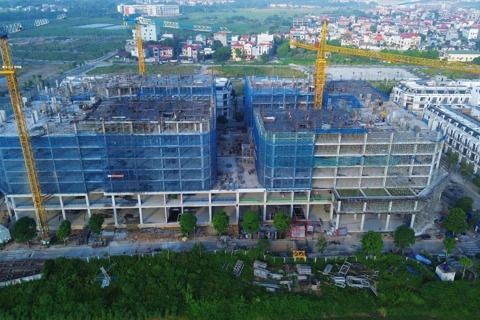Hanoi launches AI-powered traffic control center for traffic violations
The system automatically detects common violations, significantly reducing the need for traffic police to be deployed directly on the streets while improving accuracy and transparency in traffic management.








